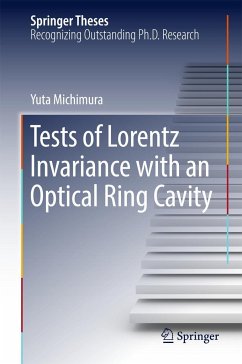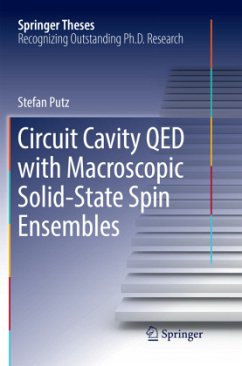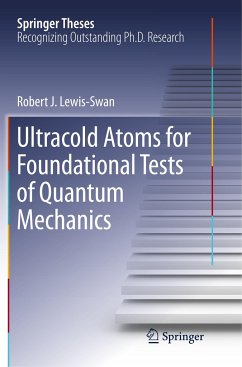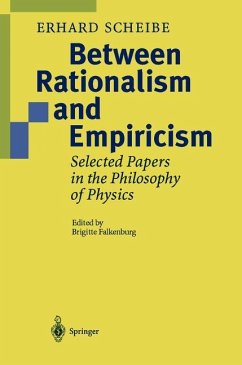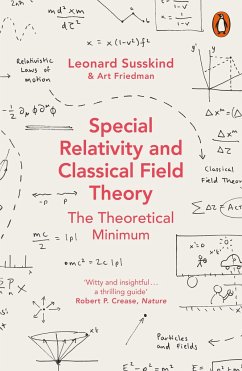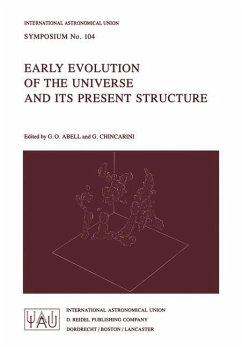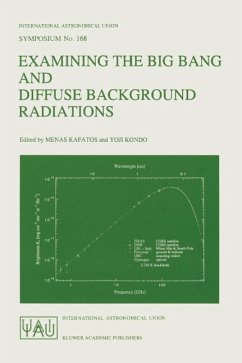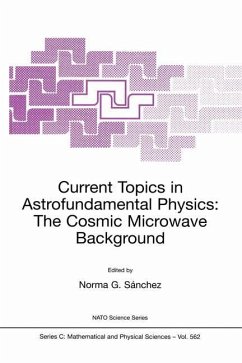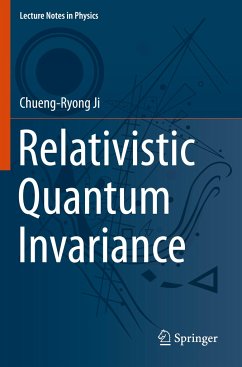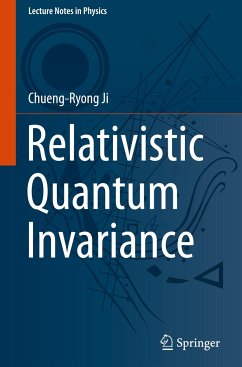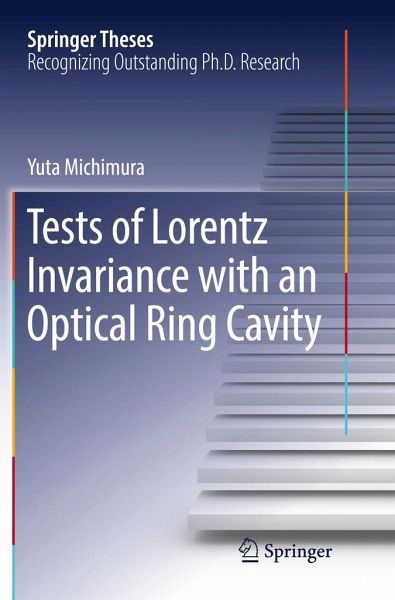
Tests of Lorentz Invariance with an Optical Ring Cavity
Versandkostenfrei!
Versandfertig in 6-10 Tagen
76,99 €
inkl. MwSt.
Weitere Ausgaben:

PAYBACK Punkte
38 °P sammeln!
This thesis describes one of the most precise experimental tests of Lorentz symmetry in electrodynamics by light-speed anisotropy measurement with an asymmetric optical ring cavity. The author aims to answer the fundamental, hypothetical debate on Lorentz symmetry in the Universe. He concludes that the symmetry is protected within an error of 10-15, which means providing one of the most stringent upper limits on the violation of the Lorentz symmetry in the framework of the Standard Model Extension.It introduces the following three keys which play an important role in achieving high-precision m...
This thesis describes one of the most precise experimental tests of Lorentz symmetry in electrodynamics by light-speed anisotropy measurement with an asymmetric optical ring cavity. The author aims to answer the fundamental, hypothetical debate on Lorentz symmetry in the Universe. He concludes that the symmetry is protected within an error of 10-15, which means providing one of the most stringent upper limits on the violation of the Lorentz symmetry in the framework of the Standard Model Extension.
It introduces the following three keys which play an important role in achieving high-precision measurement: (1) a high-index element (silicon) interpolated into part of the light paths in the optical ring cavity, which improves sensitivity to the violation of the Lorentz symmetry, (2) double-pass configuration of the interferometer, which suppresses environmental noises, and (3) continuous data acquisition by rotating the optical ring cavity, which makes it possible tosearch for higher-order violations of Lorentz symmetry. In addition to those well-described keys, a comprehensive summary from theoretical formulations to experimental design details, data acquisition, and data analysis helps the reader follow up the experiments precisely.
It introduces the following three keys which play an important role in achieving high-precision measurement: (1) a high-index element (silicon) interpolated into part of the light paths in the optical ring cavity, which improves sensitivity to the violation of the Lorentz symmetry, (2) double-pass configuration of the interferometer, which suppresses environmental noises, and (3) continuous data acquisition by rotating the optical ring cavity, which makes it possible tosearch for higher-order violations of Lorentz symmetry. In addition to those well-described keys, a comprehensive summary from theoretical formulations to experimental design details, data acquisition, and data analysis helps the reader follow up the experiments precisely.



